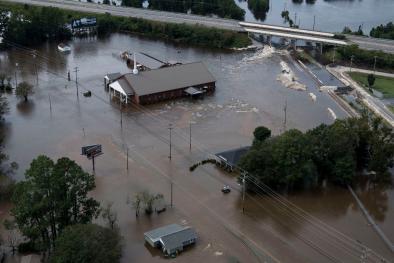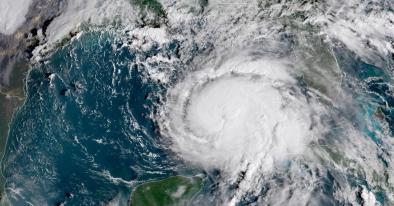Science Source
Trend Analysis with a New Global Record of Tropical Cyclone Intensity
- States the historical global ‘‘best track’’ records of tropical cyclones extend back to the mid-nineteenth century in some regions, but formal analysis of these records is encumbered by temporal heterogeneities in the data
- Holds this is particularly problematic when attempting to detect trends in tropical cyclone metrics that may be attributable to climate change
- Applies a state-of-the-art automated algorithm to a globally homogenized satellite data record to create a more temporally consistent record of tropical cyclone intensity within the period 1982–2009
- Utilizes this record to investigate the robustness of trends found in the best track data
- Calculates the lifetime maximum intensity (LMI) achieved by each reported storm
- Tests the frequency distribution of LMI for changes over this period
- Applies a direct homogenization procedure in which post-1998 data are degraded to pre-1998 standards to address the unique issues in regions around the Indian Ocean, which result from a discontinuity introduced into the satellite data in 1998
- Finds this additional homogenization step measurably reduces LMI trends, but the global trends in the LMI of the strongest storms remain positive, with amplitudes of around +1 m s-1 decade-1 and p value = 0.1
- Finds regional trends, in m s-1 decade-1, vary from –2 (p = 0.03) in the western North Pacific, +1.7 (p = 0.06) in the south Indian Ocean, +2.5 (p = 0.09) in the South Pacific, to +8 (p < 0.001) in the North Atlantic
Related Content
Headline

Dec 2, 2018 | Washington Post
Hurricane Florence set at least 28 flood records, according to new USGS report
Headline

Dec 2, 2018 | Huffington Post
Hurricanes Florence And Michael Highlight Monster Storms' Devastating Differences
Headline

Oct 4, 2018 | Vox
Hurricane Florence caused up to $22 billion in damages. Climate change made the storm worse.
Headline

Sep 27, 2018 | The Charlotte Observer
Wash your hands if you touch the ocean in NC – and forget swimming, experts warn


